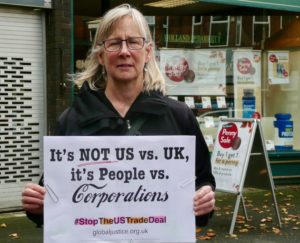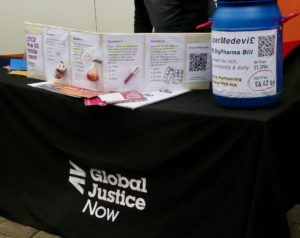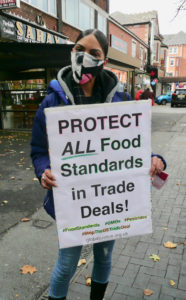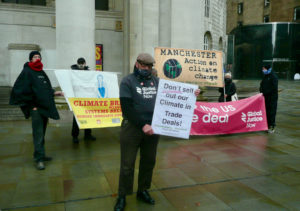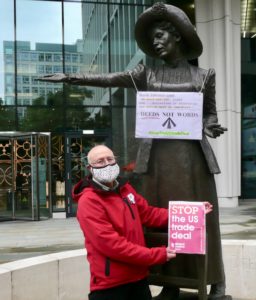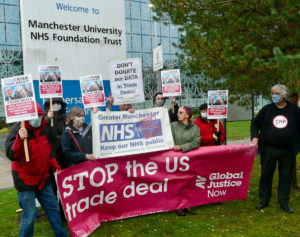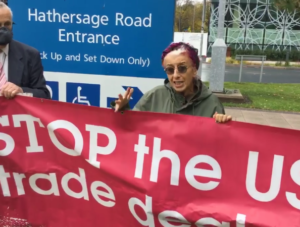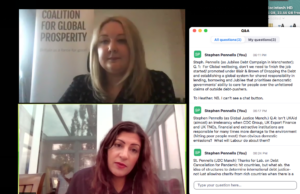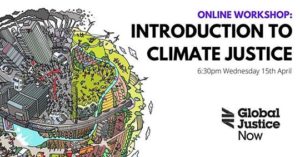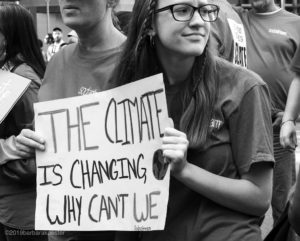Of course wealth disparities have multiple causes, but one of the causes in the current pandemic clearly is vaccine nationalism.
It’s accepted that a (the?) primary responsibility of governments is to protect their populations, but rich countries in the global North have used their high credit standing to enable them not only to domestic largesse but also in panic buying of not yet produced vaccines. They have hedged their bets with vast over-ordering, depriving others of the chance to get materials from producers. Canada is said to have bought five times as much vaccine as it needs; meanwhile the Mirror reports the UK having ordered 407m doses– for a population of 68m.
One.org suggested in February more equity should be achieved by radical sharing and called for it at the G7 meeting.
This didn’t happen and the subsequent shipment of AstraZeneca vaccine to Australia reflects European “business as usual” attitudes; production difficulties meant AZ hadn’t been able to fulfil its contract with the EU and Italy leapt in to retain stock due for export.
Vaccine Apartheid
In South Africa many remember the deaths of millions of AIDS suffers in the 90s whilst drug companies sat on ARV patents and incompetent governments failed to intervene. Seeing a repeating situation and with the consciousness of Black Lives Matter the term #VaccineApartheid has been coined. This is painfully obvious there with even the Oxford AstraZeneca treatment costing twice the UK price.
Whilst AZ have pledged to hold prices to “at cost” for low income countries, the Serum Institute of India which has produced under license was not so regulated.
Added to this posturing for domestic audiences there have been daily stories about squabbles and bickering over the efficacy of different treatments.
Vaccine Diplomacy – Vaccine War
The provision of Vaccines has been identified as a new form of diplomacy and spreading soft power. This is seen positively by former Foreign Secretary Jeremy Hunt and was recently exemplified on Radio 4’s Westminster Hour (Sun. 28 March ).
Russia and China are seen as stealing a march on the West with sacrificial donations in key locations (e.g. the Balkans and Ethiopia) where they may hope to reestablish influence lost in recent years. It’s possible some of the stop-go confusion about vaccine efficacy and safety has been fermented to further geopolitical influence.
Things seem to be hotting up. Six months ago Microsoft reported Russian and North Korean hacking of “health care organisations”. Reuters also reported North Korean attacks on AstraZeneca. More recently the agency reported Chinese state hackers attacking the IT systems of the Serum Institute of India and another company, assertions denied by the Chinese government.
A Vaccine Peace Treaty?
Tedros Adhanom Ghebreyesus, Director General of the WHO who in January called vaccine inequality “a catastrophic moral failure” on 30 March called for a international health treaty to promote pandemic preparedness. Johnson, Merkel and Macron support this. But the text does not fundamentally  challenge the current structures and modus operandi.
challenge the current structures and modus operandi.
These structures and praxes are clearly not meeting the need to protect the global population as quickly or as equitably as could be achieved.
The result of this is the nullification of many years of economic and development progress along with social liberation. As usual those communities and individuals without the dollars to cushion them are pushed to the back of the queue or invited to accrue future obligations and mindsets.
Of course charity is welcome when it saves lives. But in the current situation it seems people facing pandemics need a deal that takes account of their situation and needs, rather than simply relying on the charity of others which may or may not be delivered.
We are currently seeing the unreliability of external help, be it indirectly through UK research, directly through Overseas Development Aid or from cash-strapped NGOs.
Even the World Economic Forum is waking up to the inadequacies of the system and overtly and sympathetically referring to the demands of People’s Vaccine Alliance!








